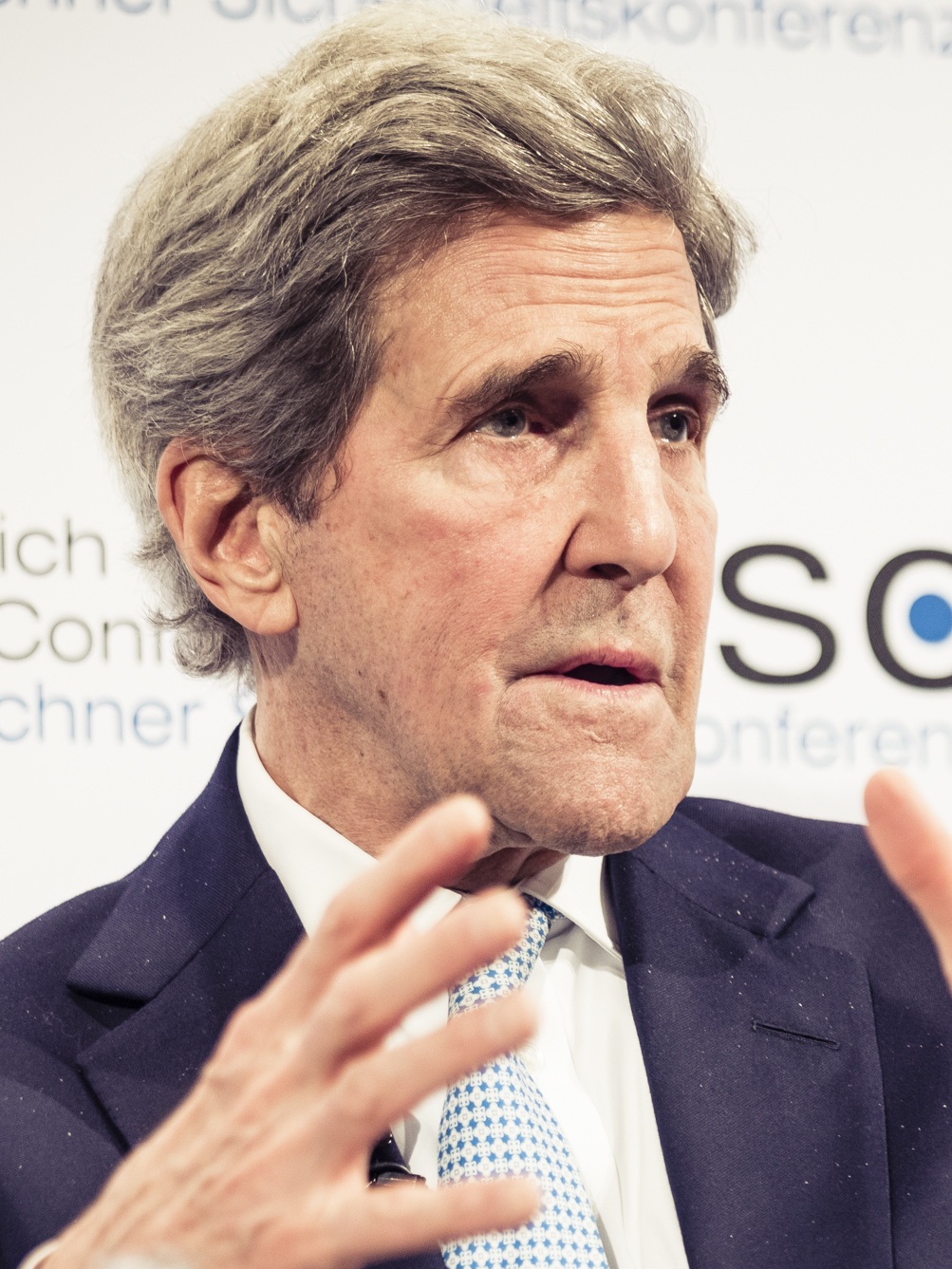
Wikimedia Commons
Despite the recent departure of former Secretary of State John Kerry ’66 to serve as President Joe Biden’s climate envoy and his ensuing need to balance commitments to both the Biden administration and Yale, students and administrators within the Jackson Institute are hopeful for the continued success of the Kerry Initiative.
The initiative is made up of four component parts: GLBL 750, “American Power in the 21st Century,” a seminar previously taught by Kerry; the “Kerry Conversations,” a series of interviews hosted by Kerry at Yale; “Kerry Convenings,” a larger conference that in the past has focused on climate change and the Kerry Fellows, a selection of students from across Yale who work with Kerry and his team on global issues. All four components are expected to continue, despite Kerry’s new government role, which raises possible conflicts with government ethics regulations.
“We have worked to make sure each of those four components continues to, I hope, thrive,” said professor Jim Levinsohn, the director of the Jackson Institute.
According to Levinsohn, Kerry will no longer teach the seminar due to scheduling conflicts. Instead, the class will be taught by David Wade, Kerry’s former chief of staff and current lecturer at the Jackson Institute. However, Levinsohn added that Kerry is likely to make an appearance at some points during the course.
According to Wade, this semester’s guests have included a White House press secretary and the undersecretary of state for public diplomacy, as well as a former assistant secretary of state.
The Kerry Conversations “are likely to continue” as well, and “there is some tentative planning for another one of those coming up this spring,” Levinsohn said.
The Kerry Fellows are continuing their work under Wade’s supervision, but Kerry remains involved. Milan Vivanco ’21, a current Kerry fellow, said that his experience has not changed significantly following Kerry’s departure.
Fellows serve functionally as research assistants, preparing memos and research projects regarding United States foreign policy and climate change, Vivanco said.
Regarding the final component, the Kerry Convenings, Levinsohn said that the institute is hoping to host a large conference this semester, and that Kerry will be “very, very closely involved with that.”
The institute is still in the process of determining how exactly Kerry will be involved with the upcoming conference, but Levinsohn said that he hopes that Kerry will be able to maintain the prominent role he played in past events.
But Levinsohn also recognized that there are strict government ethics regulations that will determine how involved Kerry can be with the initiative.
According to a Congressional Research Service report, full-time appointees of the president serving in the executive branch cannot receive any outside income while they are serving.
The report states that certain non-career officials are “prohibited by Office of Government Ethics regulations from receiving compensation for speaking, lecturing, or writing activity if the subject matter of the speech, article, or appearance ‘deals in significant part with … the general subject matter area, industry, or economic sector primarily affected by the programs and operations of his agency.’”
Given the administration has not yet made public Kerry’s most recent financial disclosure form, it is unclear whether he falls into this compensation bracket — and by extension, how these regulations will impact his ability to work with Yale.
On Yale’s side, Levinsohn said that he and the institute are navigating the situation “as they go.” Though he acknowledged that some parts of the initiative will change, Levinsohn remained confident that the institute will be able to deliver on its goals despite Kerry’s temporary absence.
Wade drew a comparison to similar initiatives that carry Biden’s name at the University of Delaware and the University of Pennsylvania.
“They continue even while he’s president, and I’d assume that it’s a big plus for those initiatives that he had another chance to serve the country,” Wade said. “This diplomatic assignment for Secretary Kerry I think will also prove to be a positive for the university that’s been his home and his home for the long term.”
The Kerry Initiative was established in 2017.
Philip Mousavizadeh | philip.mousavizadeh@yale.edu








